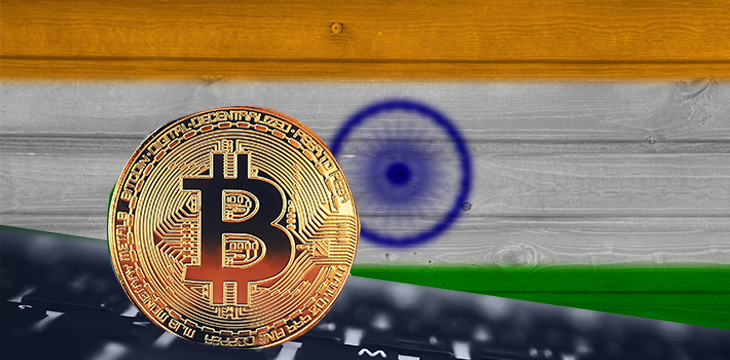
India’s digital currencies industry faces an uncertain future following a recent proposed law that could lead to a permanent ban. The law, if passed, will make it illegal to hold, sell, issue or transfer digital currencies.
India’s Finance Ministry is behind the latest move, calling for inter-ministerial consultations on the proposed law. If the ministries agree on the draft law, they will pass it on to parliament for approval.
The proposed ban comes just three months since the Supreme Court ruled in favor of the digital currency industry. At the time, the Reserve Bank of India (RBI) had issued a circular that restricted banks from serving digital currency firms. This had greatly affected the digital currency-to-fiat conversions and led to a drastic drop in trading volumes on most exchanges. The Supreme Court overturned this ban, giving the industry a new lease of life.
However, as the Economic Times reports, not everyone was happy with the decision. Citing a source at the Finance Ministry, the report claims that it was this decision that spurred the current proposals for a total ban.
It hasn’t been smooth sailing for digital currency firms even after the lifting of the ban, however. Since the court’s decision, the RBI has not given a definitive guide on dealing with digital currencies. Without any proper guidance on how to handle digital currency payments, banks have chosen to refrain from processing payments for the industry, the Economic Times reports. Digital currency enthusiasts have however found other means to process payments.
This isn’t the first time that the Indian government has proposed a blanket ban on digital currencies in the country. In 2019, a panel headed by former Finance Secretary Subhash Garg proposed a similar ban. In its report, the panel recommended a jail term of not less than one year for direct or indirect contact with digital currencies. Repeat offenders would get up to five years for their crimes. It also recommended a fine of up to three times the gains made by the offender.
The new proposed ban comes at a time when the Indian digital currency market is thriving. Since the lifting of the banking ban, the trading volume on Indian exchanges has spiked. On WazirX, one of the leading exchanges, trading volume surged by 400% in March and 270% in April. On CoinSwitch, a popular exchange aggregator, the user base went up by 158% as trading volume doubled.

 09-24-2024
09-24-2024


